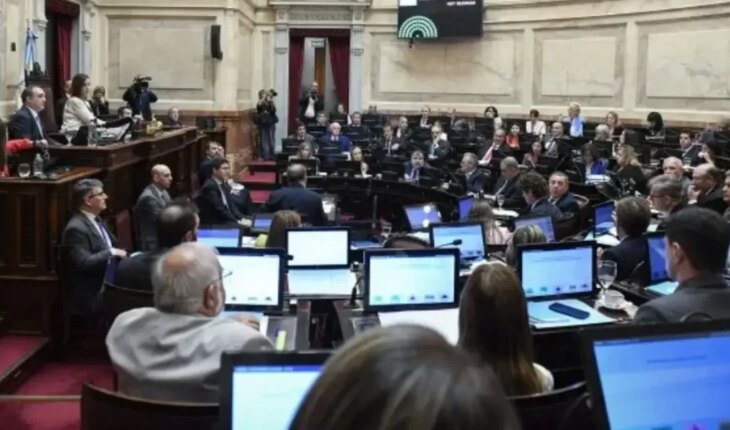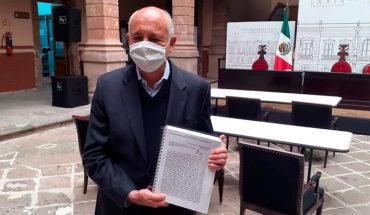The Senate rejected this Thursday the Decree of Necessity and Urgency (DNU) 70/2023, in the middle of a day with different active outbreaks in the City of Buenos Aires. While a crowd gathered a few steps from Congress to protest the closure of the Gaumont cinema, the Upper House debated the treatment of the Omnibus Law.After the presentation of the Senate, which was manifested with 42 votes against, 25 in favor and four abstentions, a milestone in history was given since it is the first time that a DNU is rejected through the parliamentary vote. However, the reforms of the decree that have not been judicially prosecuted are still in force, pending treatment in the House of Representatives: if the government obtains a majority in the lower house, the DNU will be constitutional. Article 24 of Law No. 26,122 provides: “The rejection by both Houses of Congress of the decree in question implies its repeal in accordance with the provisions of Article 2 of the Civil Code.” In other words, if one of the Chambers does not deal with it, or only one of the two rejects it, the DNU remains in force as it has been until now. Decree 70/2023 that Javier Milei published in the Official Gazette on December 21, 2023, days after assuming the presidency, has been in force in Argentina with the force of law since December 29, eight days after its publication. With it, more than a hundred regulations were repealed and/or modified. This result represents the first legislative defeat of Javier Milei, who in recent hours has maintained a tense relationship with his running mate, Victoria Villarruel, vice president and head of the upper house.
Original source in Spanish
The Senate rejected the DNU amid tensions: what will happen now?
March 14, 2024 |





